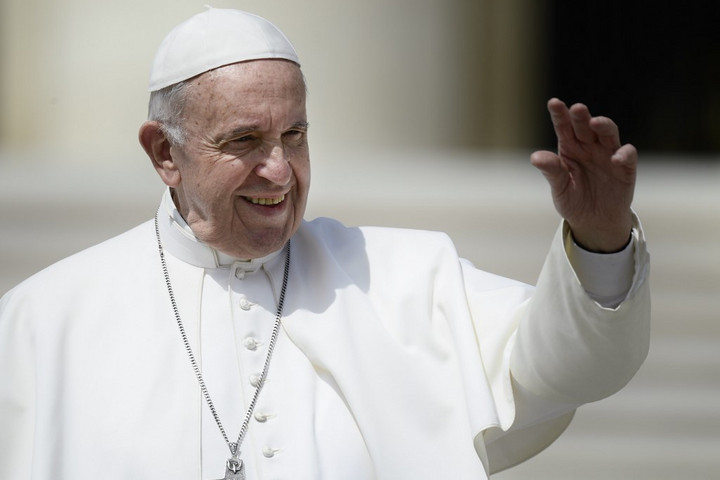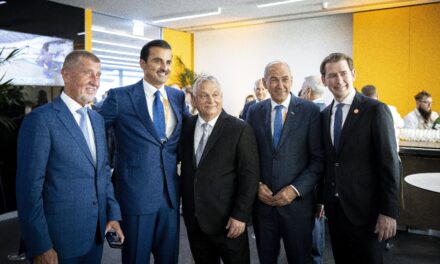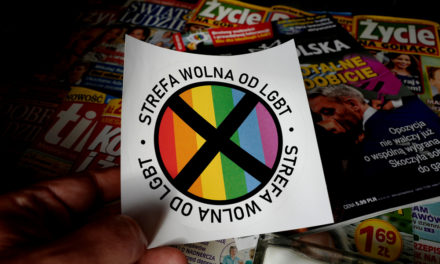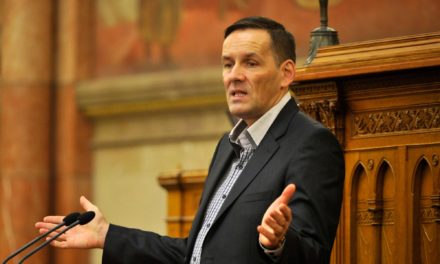In the midst of the restrictions due to the coronavirus epidemic, the Easter vigil (vigil) began at the Cathedral Altar of St. Peter's Basilica on Holy Saturday evening under the leadership of Pope Francis. The ceremony began an hour and a half earlier than usual, in line with the vigils held in churches in Italy, which ended before ten in the evening due to the epidemiological regulations.
A limited number of about two hundred people were present in St. Peter's Basilica, most of them priests. The Holy Saturday evening vigil traditionally begins in the vestibule of the basilica, but last night the head of the church stood at the high altar. In the completely dark basilica, only the Pope was illuminated by light. Pope Francis blessed the fire and lit the Easter candle, which ignited the candles held by those present. Many small candles lit up the huge basilica.
Pope Francis walked from the main altar to the nearby Cathedral altar and in the meantime the lights of the basilica were switched on. The bells of the basilica, which had been silent for three days, also rang, which again set off from Rome towards the churches of the world. In his homily, Pope Francis mentioned starting over, walking new paths and reaching the limits as the message of Easter.
"It is always possible to start over, because there is always a chance for a new life despite all our failures, God can create a masterpiece from the ruins of our hearts, just as He can create a new story from the broken pieces of our humanity," the head of the church emphasized. He stressed that despite the "dark months" of the pandemic, one should not lose hope.
He advocated following new paths in the lives of believers, declaring that faith cannot become a memory or a habit that "no longer affects us, does not speak to us". He said that it is not possible to treat Jesus as a character from the past, as a former friend lost far away, because "Jesus lives, here and now, he walks with you in the situation you are currently experiencing, in the difficulty that is currently testing you. Finally, Pope Francis spoke about Galilee, where the disciples returned after Jesus' death. He described the ancient countryside as the frontier region, the fringes of today's world and society, where the excluded, the weak, the poor, the lost, and the discouraged live, just as it happens in the "corners of our cities" today.
"No one is last, no one is excluded," said the Pope, who advocated everyday love by overcoming limitations and prejudices.
This morning, Pope Francis will present the celebratory mass in St. Peter's Basilica, which will be broadcast online at the Vatican, like all previous ceremonies. At noon, he delivers his message from the basilica, and then gives his Urbi et Orbi blessing to the city of Rome and the world. The traditional central theme of the Easter message is peace, Pope Francis lists the areas of the world affected by conflicts, hunger and social tension, and the epidemic situation is not left out of his speech either.
Original article: Magyarhirlap.hu
Featured image: AFP/Filippo Monteforte












